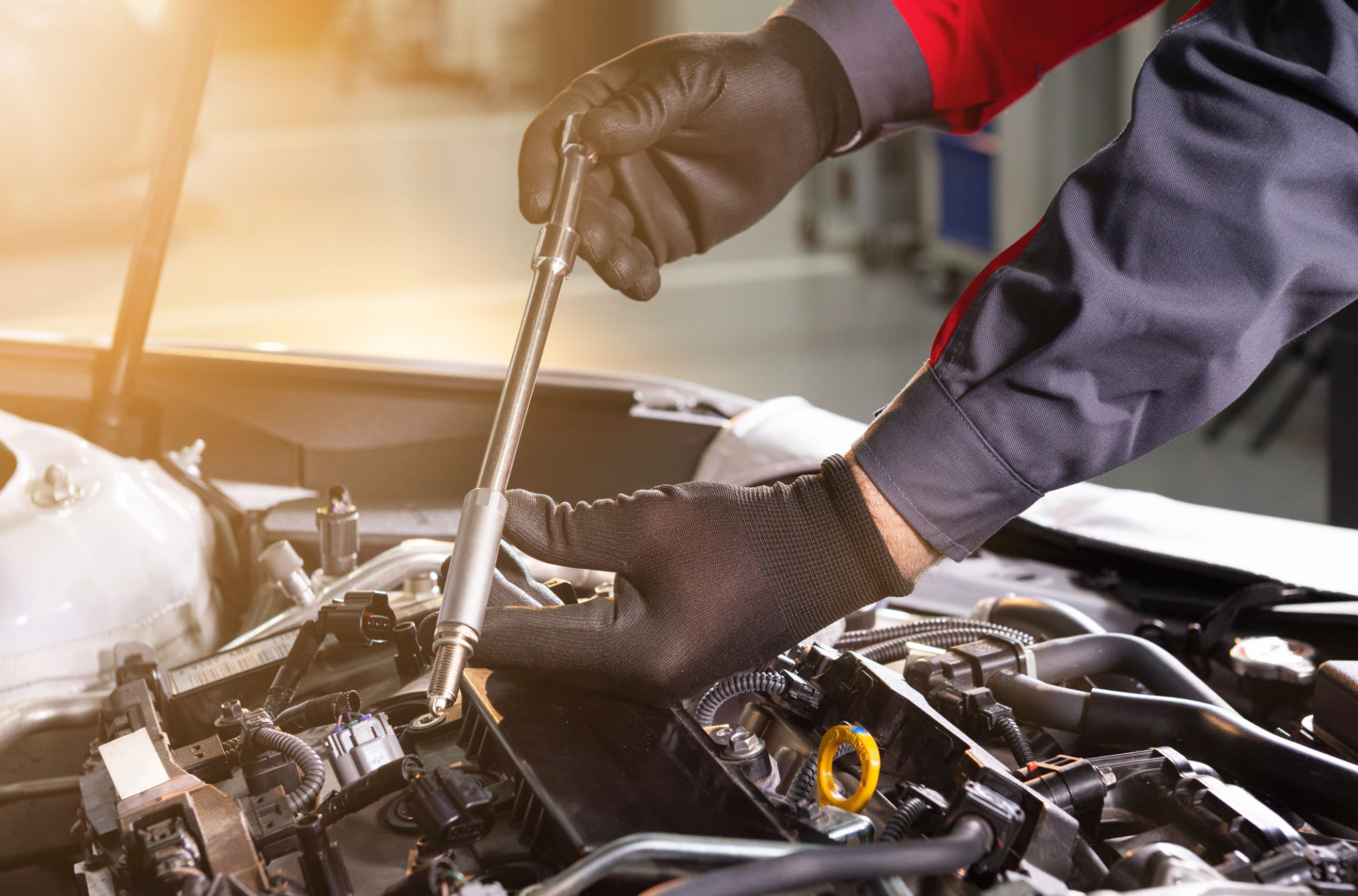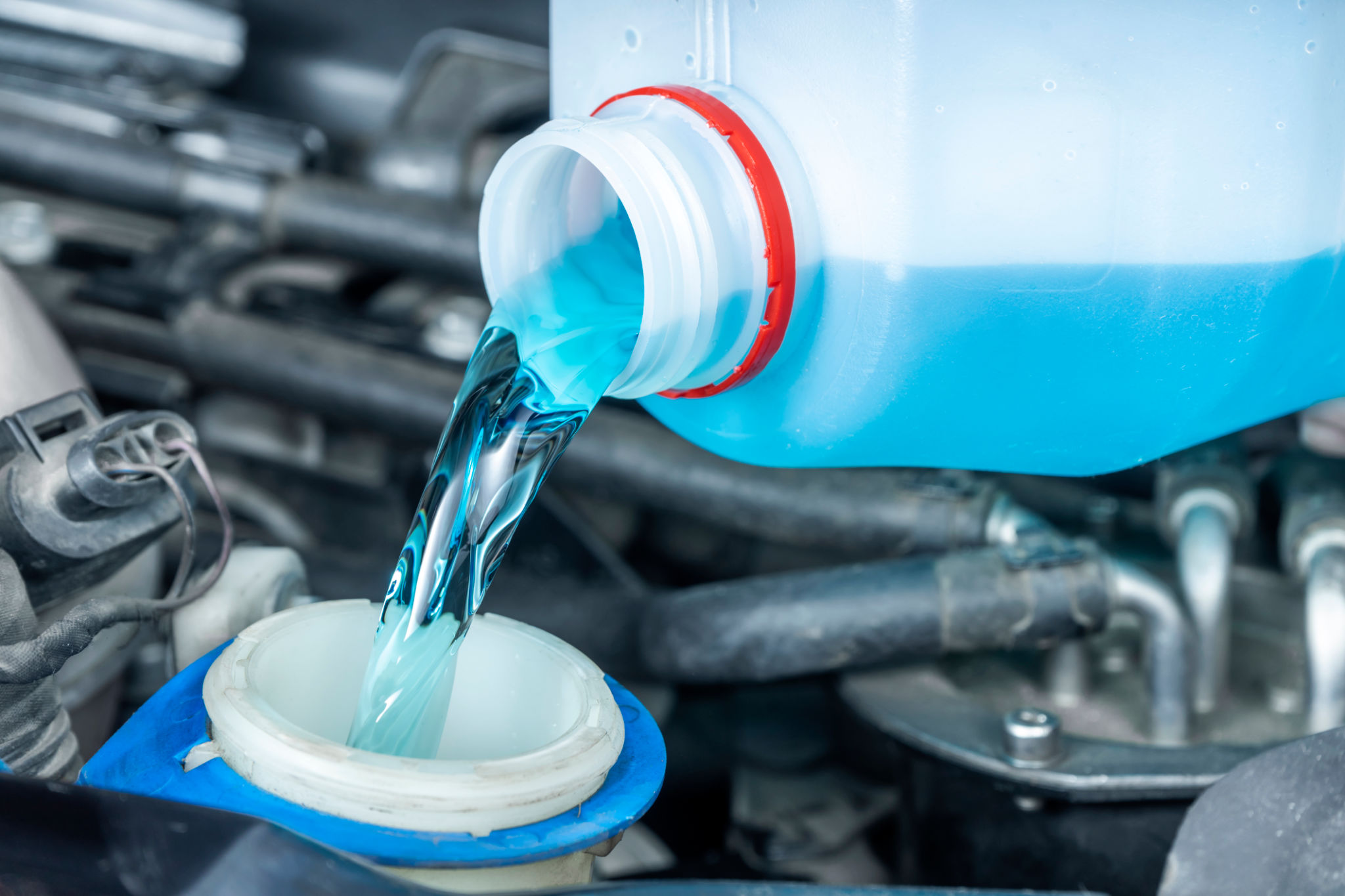Expert Advice: How to Increase Your Car's Lifespan
Regular Maintenance Is Key
One of the most effective ways to increase your car's lifespan is by adhering to a strict maintenance schedule. Regular check-ups not only ensure that your vehicle runs smoothly but also help in identifying potential issues before they become costly repairs. This includes routine oil changes, tire rotations, and brake inspections.

Make sure to follow the manufacturer's recommended maintenance schedule outlined in the owner's manual. This is specifically designed to keep your car running optimally throughout its life. Additionally, investing in high-quality fluids and parts can prevent wear and tear, further extending your car's longevity.
Keep It Clean
Keeping your car clean is not just about aesthetics. Regular cleaning can protect your car's exterior from rust and its interior from wear. Dirt and debris can cause scratches and damage to your car's paint, while accumulated grime inside can lead to unpleasant odors and deterioration of materials.
Wash your car regularly and wax it every few months. This adds a protective layer to your vehicle's paint, helping to prevent rusting. Don't forget the undercarriage, which is prone to dirt and salt buildup, especially during winter months.

Drive Smart
Your driving habits significantly impact your car's lifespan. Aggressive driving, such as rapid acceleration, hard braking, and high-speed driving, puts excessive strain on your vehicle's engine and other components. Practice smooth driving techniques to reduce wear and tear.
Avoid overloading your vehicle, which can stress the suspension, brakes, and other systems. Follow speed limits and try to anticipate stops to minimize sudden braking. These simple changes can make a substantial difference in extending your car's life.
Monitor Fluid Levels
Fluids play a crucial role in keeping your car running efficiently. Regularly check and maintain fluid levels, including engine oil, coolant, transmission fluid, brake fluid, and power steering fluid. Low or dirty fluids can lead to engine overheating or other mechanical failures.

If you notice any unusual noises or if your car's dashboard warning lights illuminate, it might indicate that something is amiss with your fluid levels or other components. Address these issues promptly to avoid more severe damage.
Store Properly
Proper storage is essential for protecting your vehicle from environmental damage. Whenever possible, park your car in a garage or under a carport to shield it from harsh weather conditions like sun, rain, and snow. If indoor parking is not an option, consider using a high-quality car cover for added protection.
In addition to external factors, internal conditions such as temperature fluctuations can affect your car's battery life. During extreme weather conditions, ensure your battery is in good condition and consider using a trickle charger for long periods of inactivity.